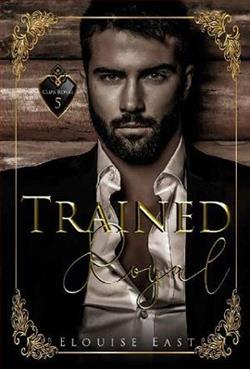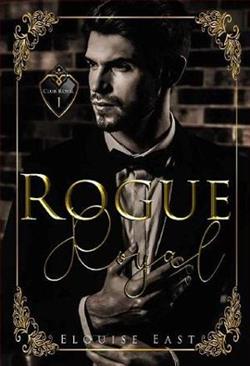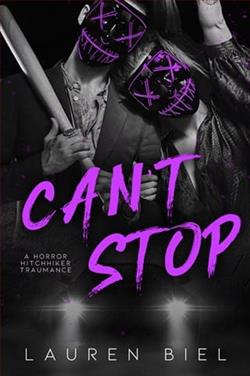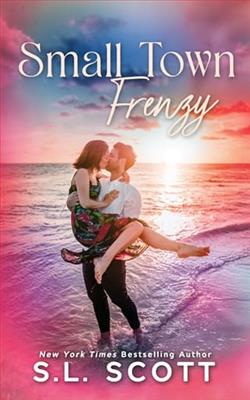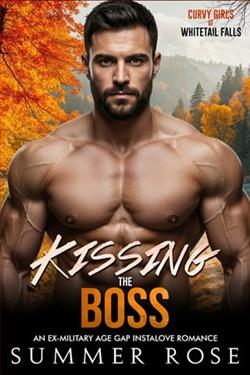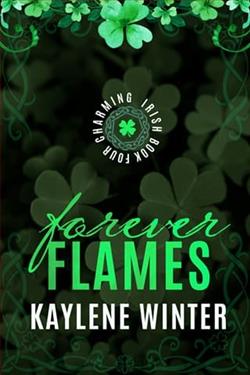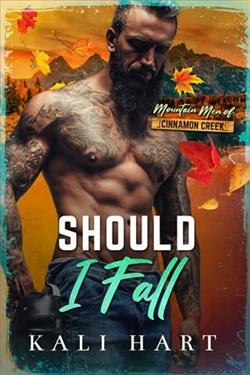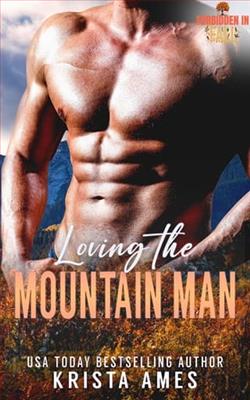Page 129 of It Happened on the Lake
He’d let his guard down.
“You did,” he accused. “You followed me.”
“Of course not . . .” She started to argue, then backed off. “Okay, fine. I did. You weren’t returning my calls.”
“Because I have nothing to say. Mom is dead. It’s awful, all right? A horrible tragedy. And I would appreciate my privacy in my time of grief.”
She blinked.
“You can quote me on that.”
“Anything else?”
“No.” He stood in the rain, water dripping down his nose as he stared at her. She finally got the message, let go of his wet jacket sleeve, and backed up a step.
“If you change your mind,” she said, “give me a call.”
He didn’t respond, and she finally backed off, droplets of water flinging from her umbrella as she turned away. She strode to her car, the navy Toyota parked on the far side of the lot.
He couldn’t believe he’d missed the fact that she was tailing him and he didn’t catch her. But then, usually he was the hunter, not the prey. In the future, he’d be more vigilant.
He walked to his car and sat behind the wheel. He waited until he saw her headlights wink on and then watched through the fogging windshield as she drove out of the lot, her taillights disappearing as the car crested the small rise.
Only when he was certain she was not returning did he start the engine, letting the car warm, before he slid the two sheets of paper out of the embossed envelope.
He read the short note on the stationery in his mother’s flowery script:
They killed him.
They killed Chase.
Make him pay.
“What the devil?” he said, not understanding. He unfolded the second piece of paper. It was a cumulative bank statement showing cash deposits and withdrawals, all in the name of T. C. Hunt. “Thomas Calhoun Hunt.” His father. The deposits had accumulated until February 1968. Then, abruptly, in March things turned around, and monthly withdrawals were made. Sometimes when the account was getting low, a deposit was made, but the withdrawals continued until May 1986, when the balance was zero, the account closed.
That was two years ago, the month of the fishing accident that took his father’s life and just about the time his mother had started her ever-increasing descent into dementia.
Chapter 31
Beth was looking at the items in Harper’s closet. “You really think Levi wants this stuff?” Beth asked. “Chase’s class ring and jacket?”
“Maybe the necklace.” Harper offered Beth a weak smile. “I’ll find out.”
“Well, okay. But if everything, including the necklace, were gifts?” She lifted a padded shoulder. “I don’t know if they need to be returned. I mean, the only one left in the family is Levi, right? And he doesn’t have any kids—no son or daughter—that we know of, so maybe you don’t need to bother.”
“I’ll check anyway,” Harper said, thinking it better to leave Levi’s family situation out of the conversation.
Beth frowned. “If I were you, I’d keep the diamond—well, all the stuff—but then I’m not an heiress.” There was a bit of a bite to her words, a little sting that Harper had felt throughout the years, not just from Beth but others who had envied her family’s fortune. It always made her uncomfortable, but today she decided not to dwell on it.
Beth was already walking into the next room, the bedroom once occupied by her brother. Evan’s things were just as he’d left them, neither Gram nor Harper having had the heart to get rid of his slingshot, records, books, skateboard, and baseball mitt, the twin beds still covered in matching nautical-themed quilts. All, like everything else, dusty from years of neglect.
Even bubbly Beth quieted when she walked through a room filled with the long-forgotten possessions a teenaged boy would covet, including his beat-up Converse high-tops and a hunting jacket that still held bullets in its pockets. A .22 rifle was propped against the wall of his closet, a Bowie knife on the shelf above.
“Wow, this is like a time capsule,” Beth whispered, running her finger along the dusty edge of the bureau as she looked at a bulletin board where ticket stubs for concerts and events from the sixties were displayed. She eyed the stubs. “Geez, I don’t remember most of these bands, but he saw the Beatlesandthe Stones?”
“Yeah.”
“I would have killed to see them,” she said. “I wassointo the British bands at the time. What a trip.” Then she stepped away from the board. “All of this, though, as cool as it might be, has to be cleaned out.”








